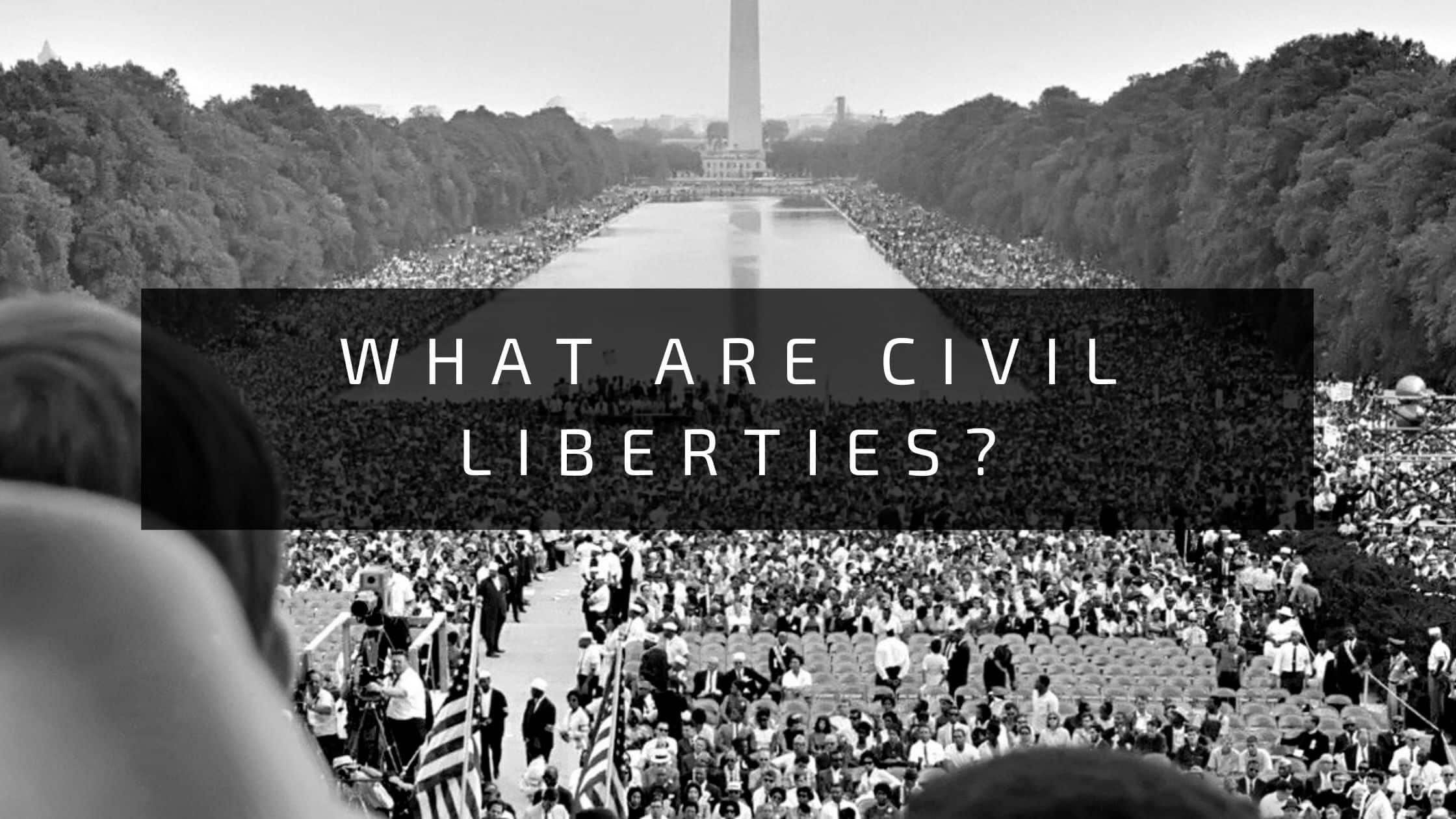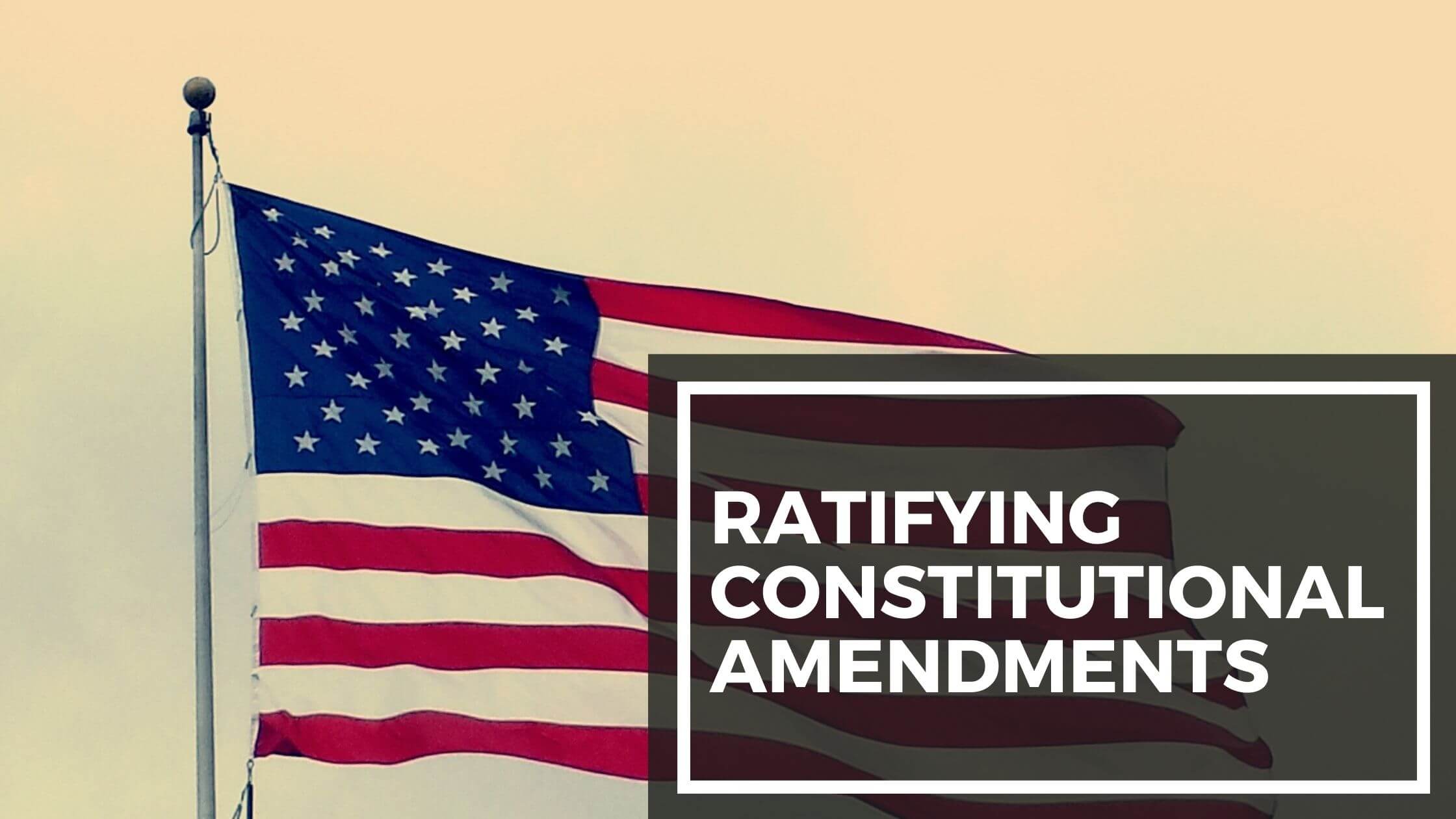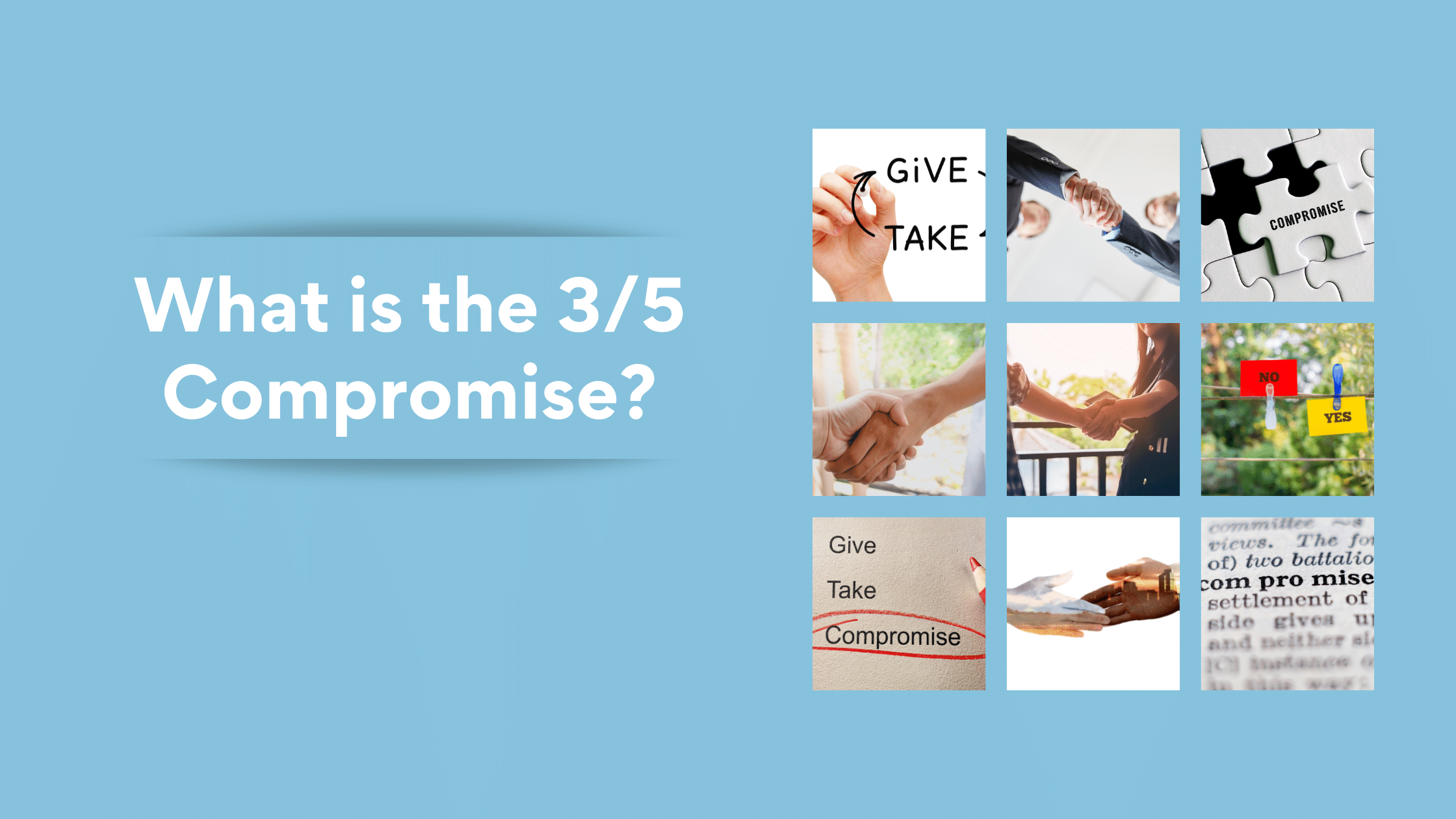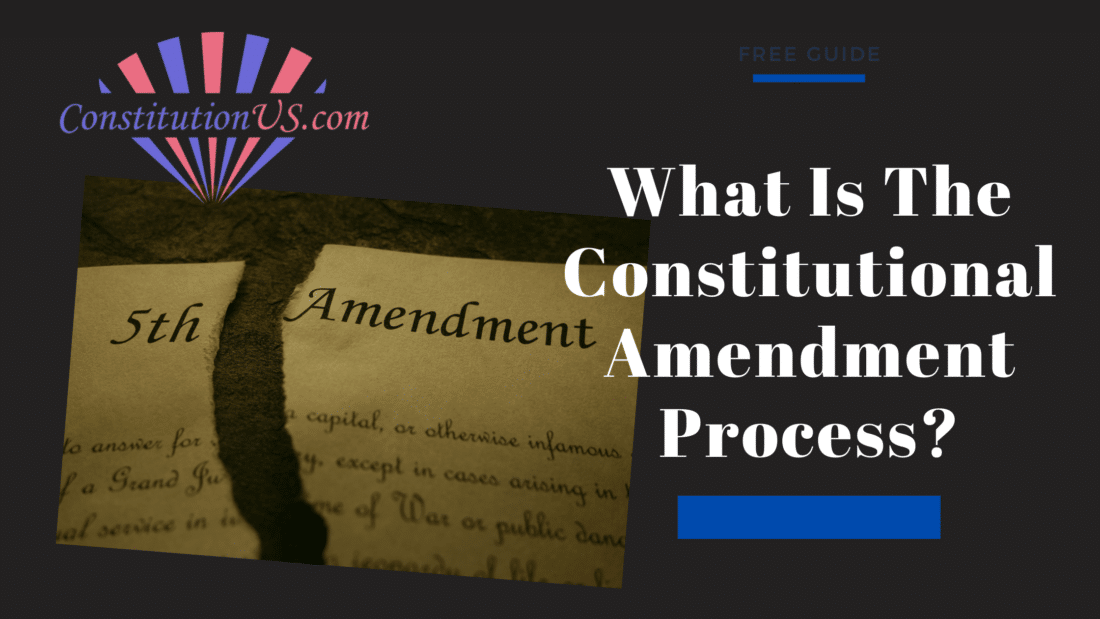Table of Contents
ToggleWith all of the talk about individual rights, it can be difficult to know what is a right given to you by the United States Constitution and what isn’t.
In short, Civil Liberties are rights granted to us through the constitution. These are rights people have just because they are on United States soil. Many of them come from the Bill of Rights, such as the right to free speech, freedom of religion, etc. Though many of these rights are well known, let’s delve a little deeper into the history and the differences between a Civil Liberty and a Civil Right.
Why Do We Have Civil Liberties?
Fun fact! The United States Constitution did not originally have a Bill of Rights. These rights were added as the first ten amendments to the constitution.

It wasn’t until people like Thomas Jefferson and James Madison protested the ratification of our nation’s founding document and penned the Bill of Rights that the concept of Civil Liberties was born. Madison didn’t initially believe that a government would uphold individual rights just because they were on a piece of paper. However, he thought that having the people’s rights spelled out to them would make it easier to recognize when the government was abusing its power.
And it worked!
Most citizens are now intimately aware of at least a few of their fundamental constitutional rights. It’s widely known that the government cannot stop a peaceful protest, prevent someone from practicing the religion of their choice, or allow the police to search private property without a warrant. Do government agencies always respect these rights? Unfortunately, no, but just by virtue of these rights being on paper, a citizen (along with various news outlets) can protest any denial of rights and even contest such a government action all the way to the Supreme Court.
Who Do They Apply To?
Interestingly enough, our Civil Liberties don’t just apply to United States citizens. They apply to anyone on US soil. It doesn’t matter if you’re a visitor, an immigrant (documented or not), or someone who has lived here your whole life. You’re granted the exact same rights regardless. If you’re arrested, you cannot be tried without a lawyer, you can speak your mind (even if the government doesn’t like what you’re saying), and you can practice whatever religion you choose.
Some Examples of Civil Liberties
The most well-known Civil Liberties are ideas such as freedom of speech and religion, but there are many more that everyone should know about:
Freedom of speech/religion
The First Amendment of the constitution protects a broad range of actions, most of them dealing with an individual’s right to express themselves. These include the right to protest, practice religion, the freedom of the press, and the ability to petition the government.

There are, of course, restrictions to this right. If someone is inciting others to commit violence or spreading falsehoods about a person, the government has the authority to punish those actions.
Freedom from self-incrimination and the right to a public jury
Housed under the Fifth Amendment, these are rights given to people who have been arrested. An arrested person has the right to a jury trial (although this right can be waived). They cannot be compelled to testify against themselves (also referred to as ‘pleading the fifth’). A person cannot be charged for the same offense twice if they’ve already been found innocent.
Similarly, Miranda Rights give people the right to an attorney and the right to remain silent during an interrogation.
The right to privacy
While not included in the Bill of Rights. The right to privacy has been hammered out through many Supreme Court lawsuits. This means that the government cannot publicize information about an American citizen without their consent. They cannot take and use their identity, they cannot pry into their private matters, and they cannot publicize their private actions unless keeping them private poses a legitimate risk to the public or national security.
Currently, there have been concerns about internet privacy as well. As of 2022, there has been little legislation on the topic aside from barring individual states from blocking certain websites.

Get Smarter on US News, History, and the Constitution
Join the thousands of fellow patriots who rely on our 5-minute newsletter to stay informed on the key events and trends that shaped our nation's past and continue to shape its present.
The right to marry
While not initially afforded to all, the right for persons to marry who they want is a right to anyone in the United States.
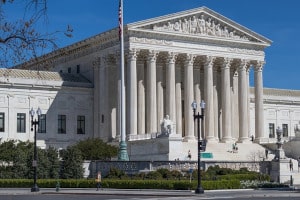
In 1967, the Supreme Court ruled that anyone could get married, regardless of race. In 2015, it was ruled that same-sex couples could marry irrespective of gender.
There is something important to note about Civil Liberties, though. Even though many of our liberties are called rights, you should know the difference between Civil Liberties and Civil Rights.
Civil Liberties Are Not the Same As Civil Rights
Yes, many Civil Liberties are also Civil Rights, but there is a difference.
The typically accepted explanation is that Civil Liberties are individual protections limiting government power while Civil Rights are protections enforced through government power.
For example, religious freedom would typically be a civil liberty. The federal or state government cannot bar someone from building a place of worship just because they disagree with the religion being practiced.
A Civil Right would be things such as freedom from housing, job, or voting discrimination. Someone who is black, a woman, or another marginalized individual cannot be excluded from a job just because of their identity.
A notable movement in the United States, the Civil Rights movement of the 1950s and ’60s, is an example of a Civil Liberty also becoming a Civil Right.
Black Americans were barred from schools, businesses, jobs, and entire neighborhoods and even excluded from voting just because of their skin color. The federal government had to pass legislation that limited its own power in this case.
Know Your Rights
Everyone in the United States needs to understand their individual rights and liberties. Not taking the time to understand them can allow the government or the police to mistreat you. If you’re not quite sure if you’ve been denied your fundamental rights, consider contacting a lawyer, they’ll be highly knowledgeable on the subject.
